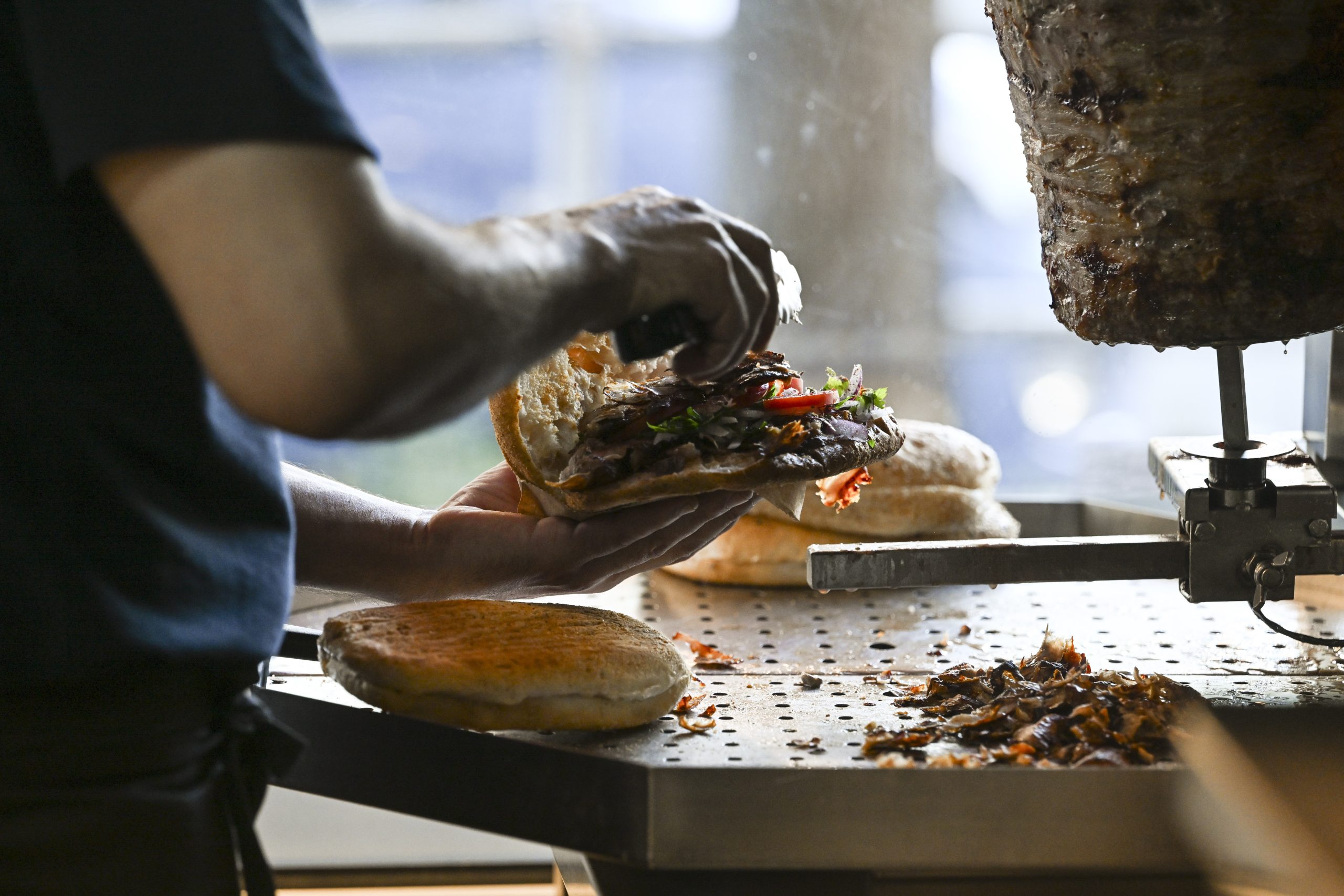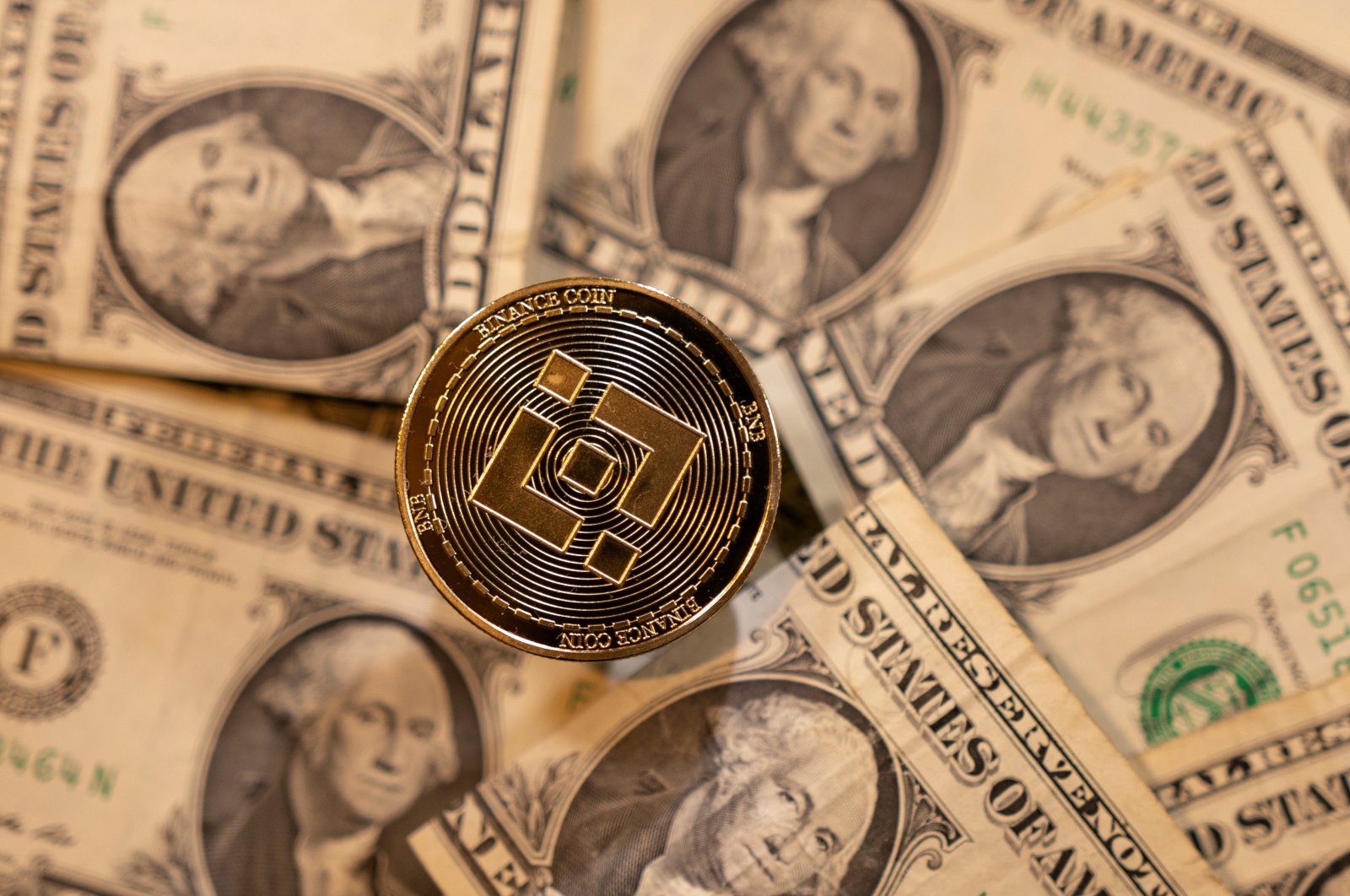Turkey races to beat China in EU food status war amid kebab scrap with Germany – Euractiv
Ankara is ramping up its push to secure EU recognition for its iconic foods, edging closer to dethroning China – but the fate of its beloved döner kebab is still in limbo.
When Brussels launched the EU’s system to register names for high-quality foods in the 1990s – a sort of “passport” for traditional recipes – it was intended mainly as a way to protect local producers’ savoir faire in an era of growing globalisation.
But the geographical indications (GIs) system has become increasingly globalised itself. Besides featuring in every trade deal negotiated by the Commission, it is now attracting a growing number of applications from third countries.
Today, it’s not just Italy’s Parmigiano or France’s Roquefort that enjoy protection. China’s Anji white tea and Panjin rice are also shielded from imitations within the EU. The same goes for Turkey’s pistachio-filled pastry, Antep Baklavası, and its Malatya dried apricots.
These countries currently rank first and second on the list of non-EU designations of origin – with the EU’s eastern neighbour now eyeing China’s top spot.
“It’s clear that Turkey is seeking to move closer to Europe by establishing a strong position in the quality products market, leveraging its geographic proximity and tourism potential,” Mauro Rosati, director of the Siena-based Qualivita Foundation, told Italy’s newspaper Il Sole 24 Ore.
According to Qualivita, which tracks the GI economy and legislation, Ankara is behind three out of four applications currently under review in Brussels.
Turkey is clearly stepping up its game, but it still has ground to cover. While the country has 36 EU-registered food products, China holds a commanding lead with 99 foods, seven wines, and four spirits protected.
Yet Ankara’s quest for EU recognition is not without roadblocks. It is now eagerly awaiting Brussels’s decision on whether to grant protection to the iconic meat dish “döner kebab“, with Berlin leading efforts to block the bid.
Who owns the Döner?
In 2022, Turkey applied for “döner“ to be granted Traditional Speciality Guaranteed (TSG) status — a scheme that, unlike GIs, protects a food’s recipe rather than its geographic origin.
Ankara wants to set rules on how “döner” is made to preserve its authenticity – from the thickness of the meat slices to the hours of marination. Germany says: hands off the rotating meat.
“For the sake of the many fans in Germany, the döner kebab should remain the way it’s enjoyed here,” said the German Agriculture Ministry earlier this year.
A cultural symbol of Turkish immigration, the döner kebab has become a German street staple – sometimes even outshining currywurst in popularity.
Former German farm minister Cem Özdemir, himself of Turkish descent, weighed in after the EU published Ankara’s application in 2024.
“The doner kebab is a German tradition. Everyone should be able to decide for themselves how it is prepared and eaten here. There’s no need for regulations from Ankara,” he said in a social media post.
Smiling in the photo, a banner beside him read: “Döner makes you beautiful”.
Turkey and the opponents to its bid – including Germany and Austria – recently ended months of bilateral talks without an agreement. The fate of the döner now rests with the European Commission, with no timeline yet announced.
A Commission spokesperson told Euractiv that the decision will be taken “in due time”.
Jeremias Lin contributed to this reporting.
(adm, aw)




